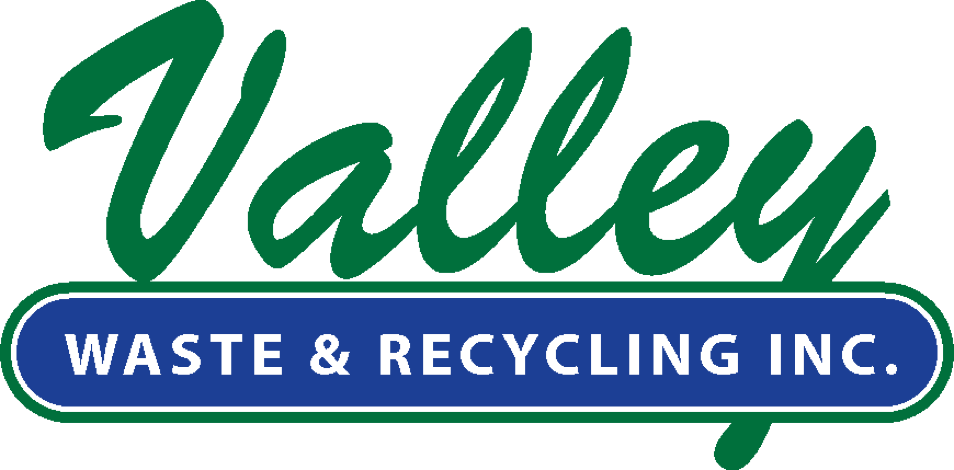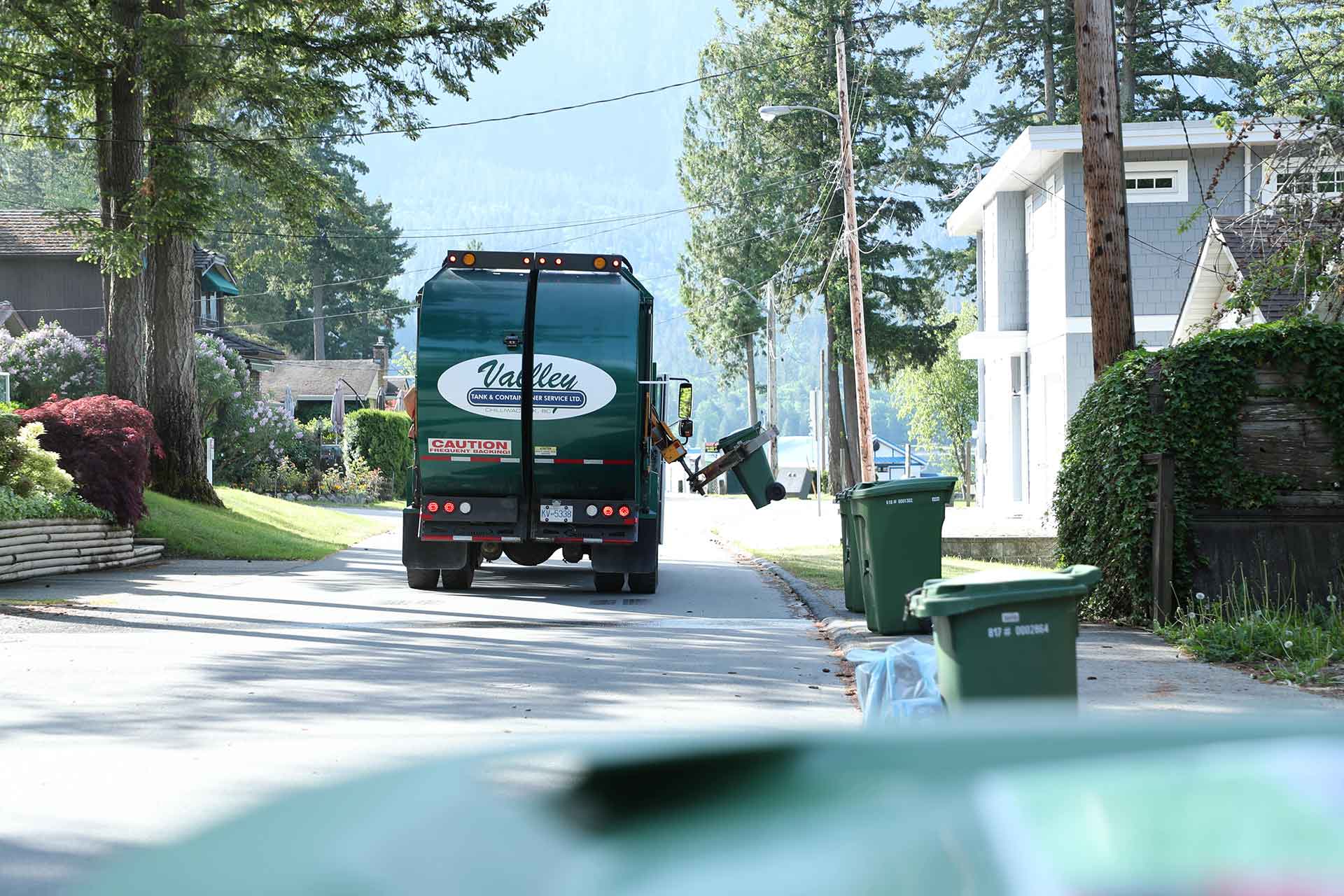What is Waste?
Waste is defined as “material that is not wanted; the unusable remains or byproducts of something” and that, frankly, might be a far more technical definition than most of us would ever need. Simply put, waste is the stuff we want to get rid of, and in British Columbia (and Canada!), waste—and what we do with it—is a big deal.
You might be surprised to learn that despite our progressive environmental reputation as a nation, Canadians produce a lot of garbage—in fact, more garbage per capita than any other country on earth. Canadians generate approximately 31 million tonnes of garbage a year (and only recycle about 30 percent of that material). That means that each one of us is responsible for generating approximately 2.7 kg of garbage each day.
British Columbia has been working hard to cut down on the trash we generate. We’re asked to put our recyclable materials into specific bins (blue), our organics into others (usually green). This sorting, done at the household, business, or institutional level, is collectively referred to as “diversion,” as the goal is to divert as much waste as possible away from landfills.
Fraser Valley Waste Diversion
Here where we’re based, the Fraser Valley Regional District (“FVRD”) promotes waste diversion by providing convenient recycling and composting programs. Waste diversion for residents and businesses is achieved through a combination of public and private sector initiatives (like us!). While cities and regions can have differing standards, FVRD’s rules are fairly consistent throughout the Fraser Valley.
- Garbage is to be bagged and securely tied in secure plastic sacks.
- Green carts (organics) cannot have plastic bags or liners, even biodegradable ones. Only paper bags should be used in your green cart. Tissues and paper towels can also be disposed of as organics.
- Recycling cannot include bags for mixed recycling or include personal waste.
So, What Happens Next?
Once you have all that sorted and waiting for us, what happens next?
We collect the garbage in one of our waste haulers and then take it to a recycling and waste centre for sorting and compacting. Organics are taken to processing facilities where they break down and can be eventually re-utilized as fertilizer. Recycling is taken to recycling centres for processing (i.e., extracting raw materials to be reused in making new materials).
Finally, the remaining garbage is loaded into large trucks and hauled to a landfill.
We’re Your Waste Management Partners
Here at Valley Waste & Recycling, we provide a wide range of services for municipalities, stratas, small businesses, and single-family homes. Whatever your waste management needs, give us a call. We are happy to help you make the most of what you want the least!


